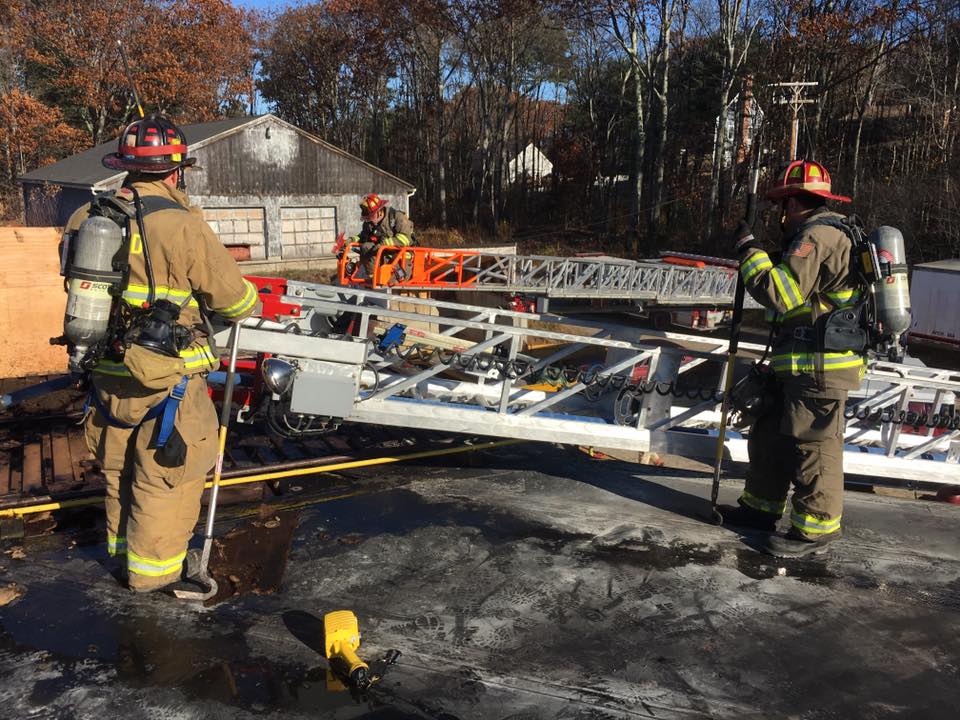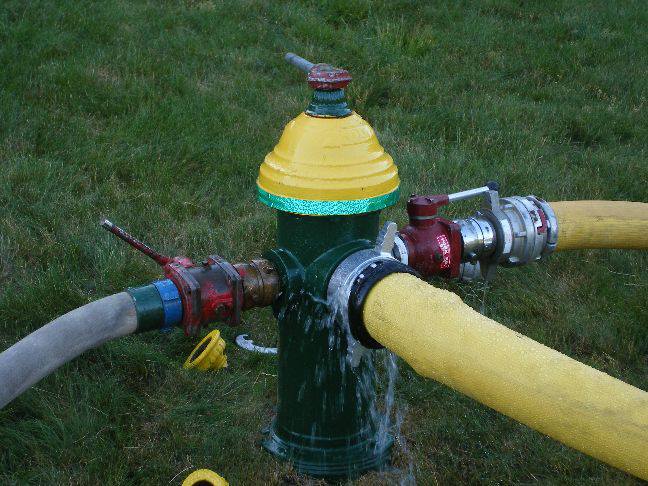How the incident commander can keep members invested.

It takes everyone from all ranks to work on keeping members invested in your fire department. From the Chief to the Firefighters, each and every one of us has a duty to provide their piece to the complicated puzzle known as Membership Retention. We should all be doing our best to curb any drama and rumors, avoid negativity and spread a positive attitude. Along with that, we should all be making sure the time we are spending away from our family and jobs is time not wasted.
We all lead busy lives, so when we take the time out of our days to respond to incidents, we expect it to be worth it. I know for myself, with a young growing family and a busy work schedule, any time away from home can be a burden on my family. I value my time much more than I did 15 to 20 years ago and I’m sure many of you are in the same boat.
We focus a lot of our energy on making training exercises, fundraisers, meetings and public events interesting so members stick around, but we should also be looking at how we manage ourselves at incidents. What are some of the small steps to assure our dedicated members are making the best out of their time? When we are in the Incident Command role at any call, we have a lot to focus on. Many things are running through our head to manage the incident, but there are small things we can do that won’t distract us from scene management that will help keep our members coming back.

Don’t be so quick to turn responding companies around. Have you ever felt the frustration of not making it to the call because your apparatus was canceled while responding? What does this do to your sense of value? As long as the weather and road conditions are favorable, as the Incident Commander, let your responding apparatus continue to the scene even if you feel the incident is under control. A downgraded response is certainly appropriate for this situation, but by letting your members actually arrive at the incident will make them feel much more valuable. Leaving home and getting on the rig just to be canceled is a buzz kill for many and can lead to discouragement if done too often. Obviously there are factors that come in play. For example, we don’t want to tie multiple rigs up on the interstate and put them at risk. But, most of the time we can keep our rigs on scene of a non-highway incident for a little while to give our members a chance to see what happened, how the incident was resolved and maybe learn a little something.
Let the company officers do their thing. Nobody wants to be micro-managed at an incident. Especially if they have dropped what they were doing to respond to the call. As Incident Commanders we should be focusing on the overall picture and allowing the company officers to do what they are trained to do. This tactic of empowerment allows our officers to become invested in the incident.

Find opportunities to teach. What training opportunities exist on the fire ground? Have you ever stopped to think of what can be taught even at the simplest of calls? Once the incident has been determined to be under control, find time to teach others new skills. There are so many training opportunities on a controlled fire incident, even in the cleanup phase. Throwing and stowing ladders, dressing hydrants, thermal imagers, fire alarm systems, the list can go on. Let your members leave the scene knowing they took something away from it.
Give praise. If your members did a good job, let them know. If a company officer gave a good size-up or status report, let them know. It is also important to try and do this publicly so the other members hear it. This will boost the morale of everyone there, especially to the individual being recognized.
Give gratitude. This one is simple and should be done after every incident. Thank everyone for responding. This gesture can go miles and will be noticed. A firefighter who feels valued will come back again and work even harder next time.
These simple tasks can be done without interrupting the flow and management of the incident. When done over and over, they can become second nature. With the constant struggle of keeping our members active and coming back, simple things like these can go a long way.
Please follow us on Instagram and Facebook, and don’t forget to subscribe to our podcast.